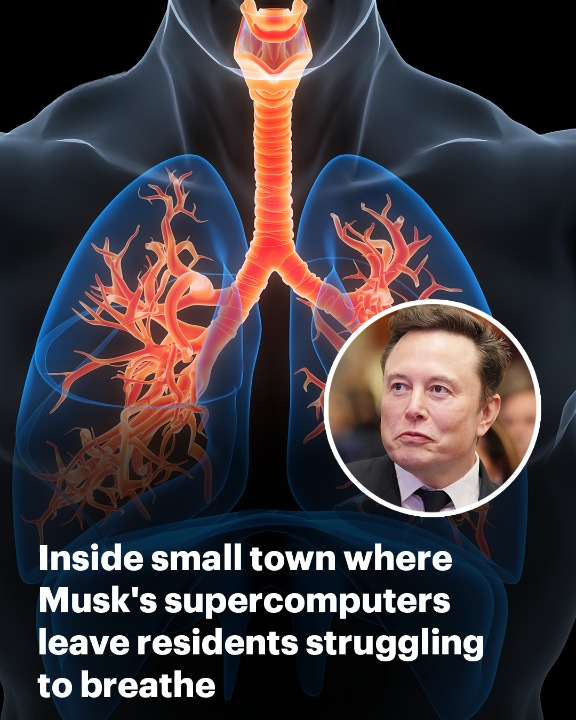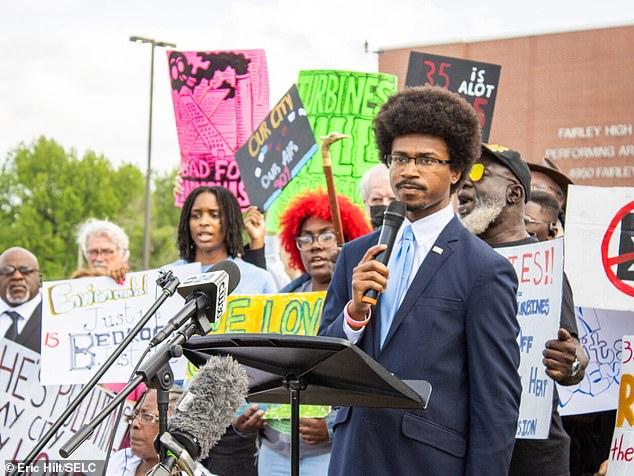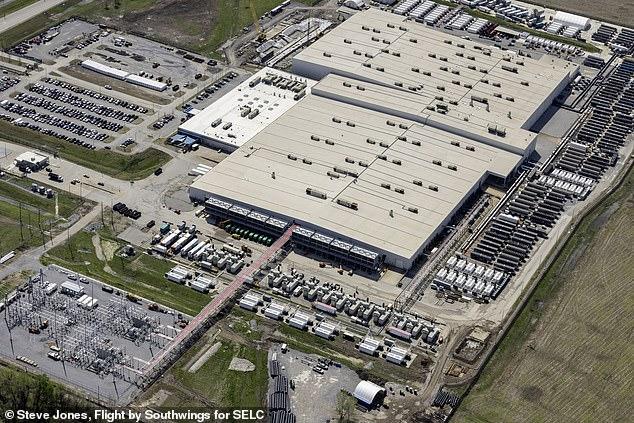In South Memphis, Tennessee, a predominantly Black community is grappling with a severe environmental crisis linked to Elon Musk’s artificial intelligence company, xAI. Since setting up its massive supercomputer, dubbed Colossus, in a former Electrolux factory last summer, xAI has been accused of polluting the air with smog-forming nitrogen oxides (NOx), exacerbating asthma and other health issues among residents. The facility, powered by 35 methane gas turbines without federally required pollution controls, has turned the area into Tennessee’s leader in emergency room visits for asthma, according to Politico.

Memphis, named the asthma capital of the nation in 2024 by the Asthma and Allergy Foundation of America, was already burdened with poor air quality. The addition of xAI’s operations, which emit an estimated 1,200 to 2,000 tons of NOx annually—more than nearby gas-fired power plants or oil refineries—has intensified the problem. Local resident Alexis Humphreys tearfully shared at a public hearing on April 25, 2025, “I can’t breathe at home, it smells like gas outside,” holding up her inhaler. Boxtown, a low-income neighborhood three miles from the plant, faces toxic pollution from xAI and 17 other industrial facilities, requiring EPA Toxics Release Inventory registration.

The turbines, described as temporary by xAI’s environmental consultant Shannon Lynn, lack Clean Air Act permits, a violation according to former EPA air enforcement director Bruce Buckheit. Despite community pressure, xAI only applied for permits for 15 turbines in January 2025, delaying pollution control installation until approval. This delay has fueled outrage, with residents like 15-year-old Jasmine Bernard accusing xAI of treating the community as “unintelligent” and disregarding their health. Tennessee State Representative Justin Pearson, a local advocate, called xAI’s actions a continuation of systemic environmental injustice, stating, “They put our lungs and our air on the auction block and sold us to the richest man in the world.”
xAI’s rapid setup, completed in just 122 days, was hailed by Musk as a feat for powering Grok, the company’s AI chatbot. However, the project’s secrecy—negotiated under nondisclosure agreements with the Greater Memphis Chamber of Commerce and Memphis Light, Gas and Water (MLGW)—left residents and city council members uninformed. The supercomputer’s energy demands, equivalent to powering 100,000 homes, strain the local grid, prompting xAI to request an additional 260 MW through a new substation. MLGW has promised infrastructure upgrades, including a greywater recycling facility, but skepticism remains due to the company’s track record. Musk’s other ventures, like Tesla and SpaceX, have faced environmental fines, including 33 air quality violations for Tesla in 2021.

Community organizers, including Memphis Community Against Pollution, are fighting back, demanding the Shelby County Health Department deny xAI’s permits and shut down the turbines. Anonymous fliers from a group called Facts Over Fiction, claiming the turbines are “cleaner tech,” have further angered residents, who see them as misinformation. The EPA’s Region 4 has urged a formal review of the turbines’ emissions, but with Musk’s recent influence in dismantling federal agencies, locals fear little action.
As xAI expands Colossus, doubling its computer chips, the health crisis in South Memphis worsens. Easter Mayo Knox, a 74-year-old resident with chronic obstructive pulmonary disease, now wears a KN95 mask outdoors. For a community already battling a legacy of industrial pollution and systemic neglect, the fight for clean air is both a health and human rights issue, with residents determined to hold Musk accountable.




